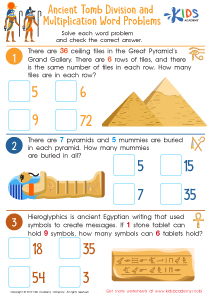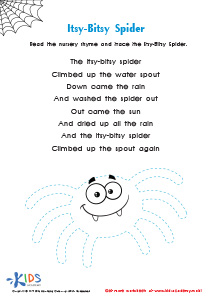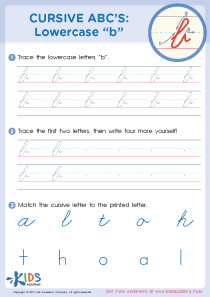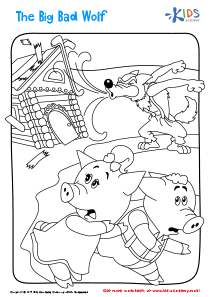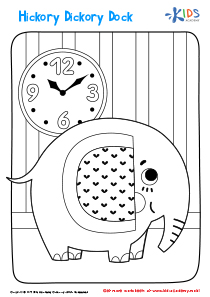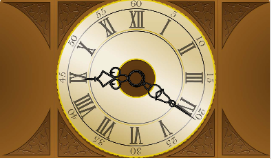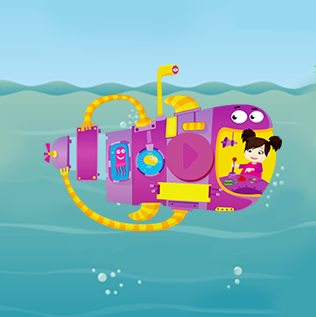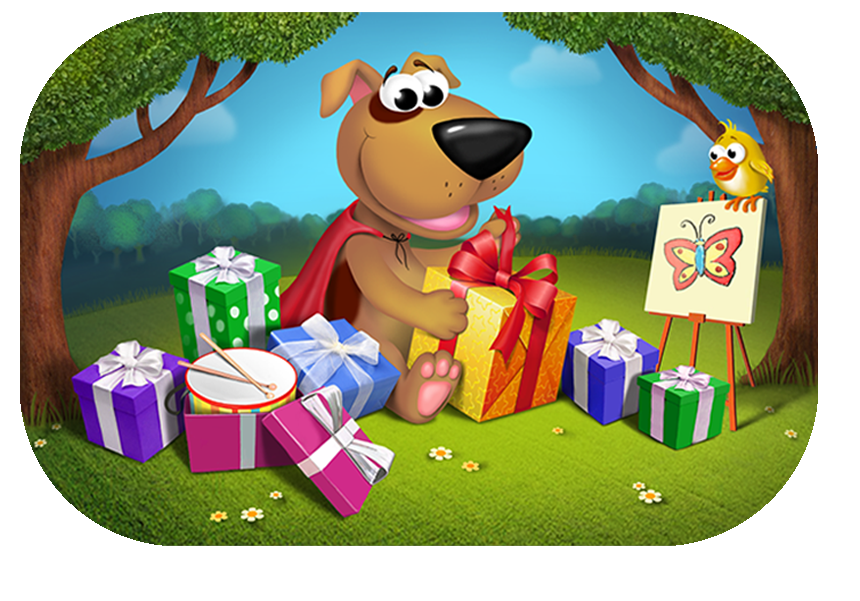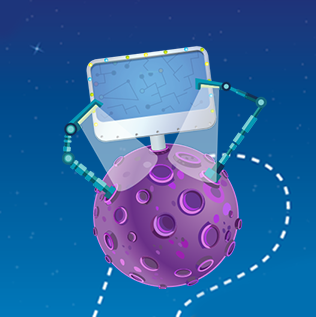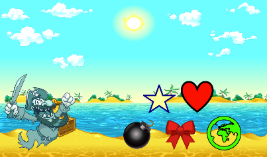Logic and Early Math Lessons | Early Logic and Geometry for 3-Year-Olds
24 results
Introducing "Early Logic and Geometry for 3-Year-Olds," an innovative and engaging course designed to introduce young minds to the fascinating world of shapes, patterns, and problem-solving. Our carefully crafted lessons combine interactive worksheets, captivating educational videos, and fun assessment quizzes to create a rich learning experience that caters to the curiosity and developmental needs of 3-year-olds. Through playful exploration and hands-on activities, children will begin to understand basic geometric concepts and develop foundational logic skills. Join us on this exciting educational journey and watch your child's critical thinking and spatial awareness grow!
Introducing young minds to the foundational aspects of mathematics through Early Logic and Geometry for 3-Year-Olds can significantly enhance their cognitive development and academic journey. At this tender age, children are naturally curious and eager to explore their environment. By integrating engaging lessons on logic and geometry, we tap into their inherent desire to learn and understand the world around them. This educational approach, encompassing interactive worksheets, educational videos, and assessment quizzes, is tailored specifically for the developmental stage of 3-year-olds, making it a critical tool in nurturing a lifelong love for learning.
The Essence of Early Logic and Geometry for 3-Year-Olds
Early logic and geometry lessons are more than just an introduction to math; they are an opportunity to develop critical thinking, problem-solving skills, and spatial awareness in young learners. These foundational skills are crucial as they form the basis for more complex mathematical concepts and other subject areas as children advance in their studies. Through interactive worksheets, children engage in hands-on activities that foster an understanding of shapes, patterns, and basic problem-solving strategies. This active participation enhances their ability to analyze, compare, and contrast, which are essential skills in logic and reasoning.
Interactive Worksheets: A Gateway to Engagement
The use of interactive worksheets in teaching Early Logic and Geometry for 3-Year-Olds is a game-changer. These tools are designed to captivate young minds with colorful illustrations, engaging tasks, and immediate feedback, making learning both fun and effective. Children learn to identify basic geometric shapes, understand spatial relationships, and solve simple puzzles, all of which contribute to their spatial reasoning and logical thinking abilities. These activities not only reinforce the lessons learned but also encourage independent learning and exploration.
Educational Videos: Bringing Concepts to Life
Complementing the interactive worksheets, educational videos serve as a dynamic mode of instruction that can bring abstract concepts to life. Through captivating animations and relatable scenarios, children are introduced to geometry and logic in a manner that is accessible and enjoyable. These visual and auditory tools help solidify the understanding of shapes, patterns, and sequences, making complex ideas easier to grasp for young learners. Educational videos also provide an excellent avenue for repetition, which is key in early childhood education, allowing children to revisit and reinforce their learning at their own pace.
Assessment Quizzes: Tracking Progress and Understanding
Assessment quizzes play a vital role in the Early Logic and Geometry curriculum for 3-Year-Olds. These quizzes are carefully designed to be age-appropriate and engaging, offering a friendly way to evaluate a child's understanding and application of the concepts taught. By participating in these assessments, children can demonstrate their learning achievements, while educators and parents gain valuable insights into the child’s progress, strengths, and areas that may need further attention. This feedback loop is instrumental in tailoring the learning experience to meet each child's unique needs and abilities.
In Conclusion
The Early Logic and Geometry for 3-Year-Olds program is a meticulously crafted educational experience that builds a strong foundation for future academic success. Through interactive worksheets, educational videos, and assessment quizzes, children embark on a journey of discovery and learning that nurtures their cognitive development, critical thinking, and problem-solving skills. By engaging in these activities, young learners are not only prepared for the challenges of formal education but are also equipped with the confidence and curiosity that will serve them well throughout their lives.
